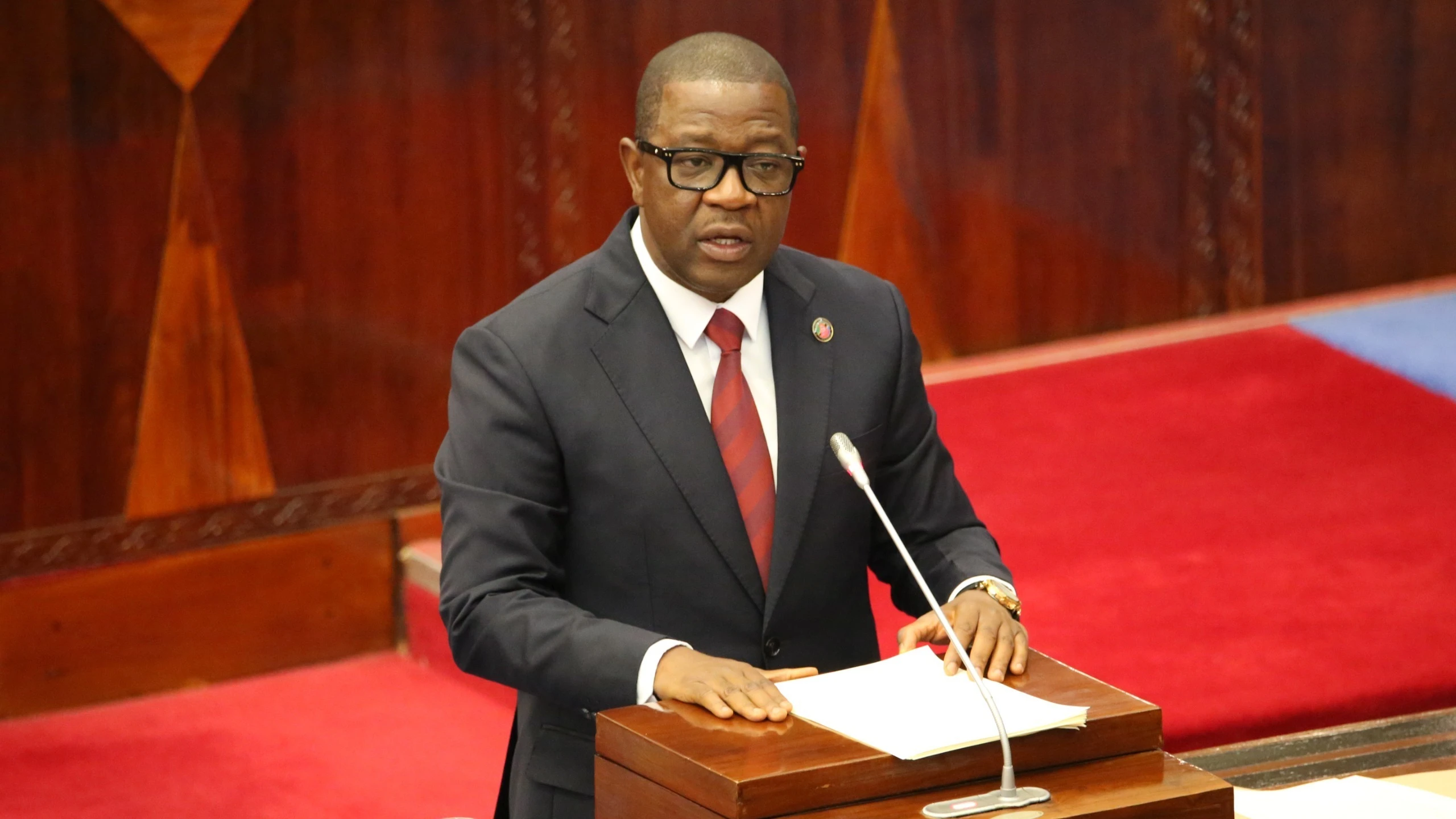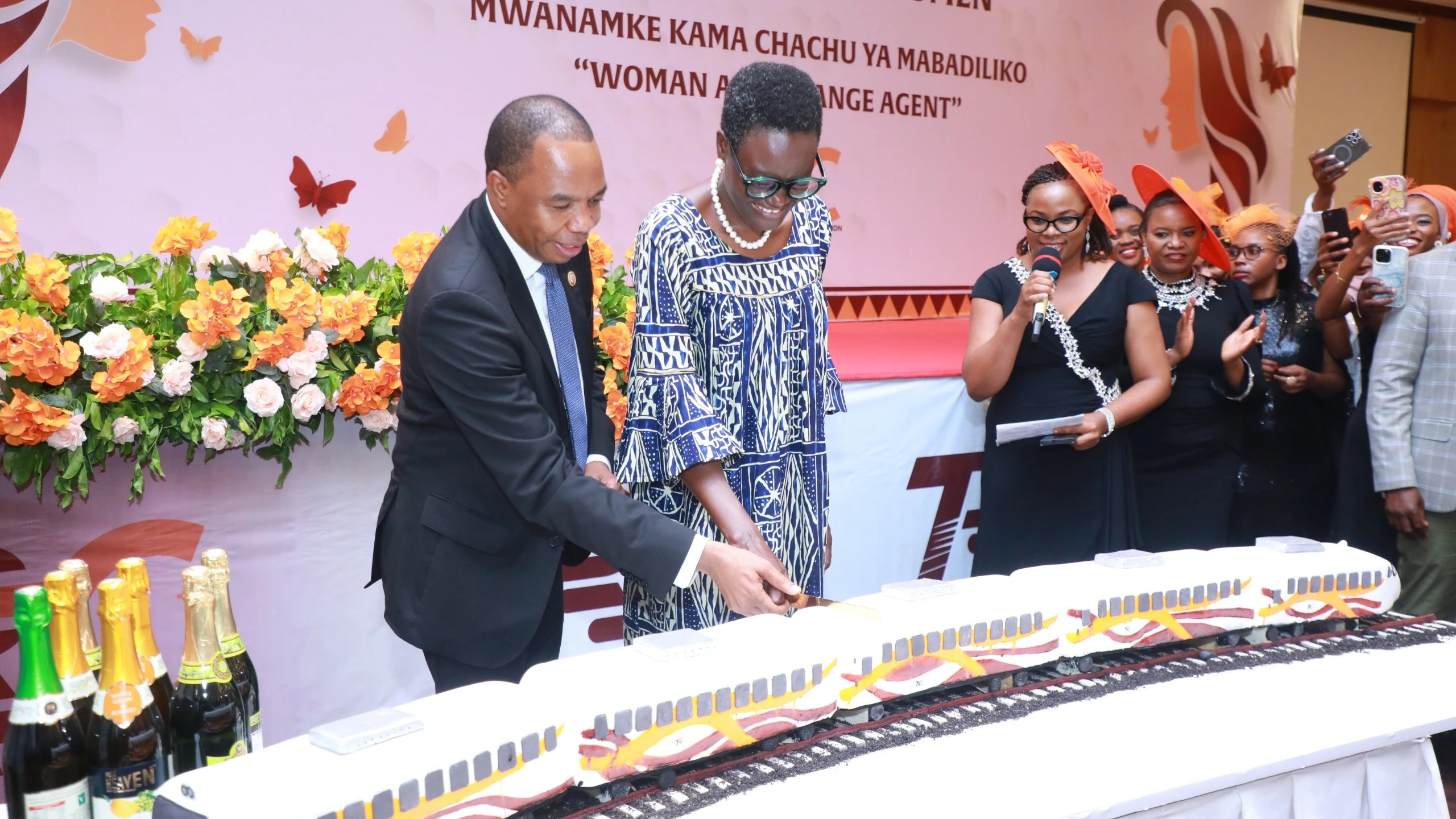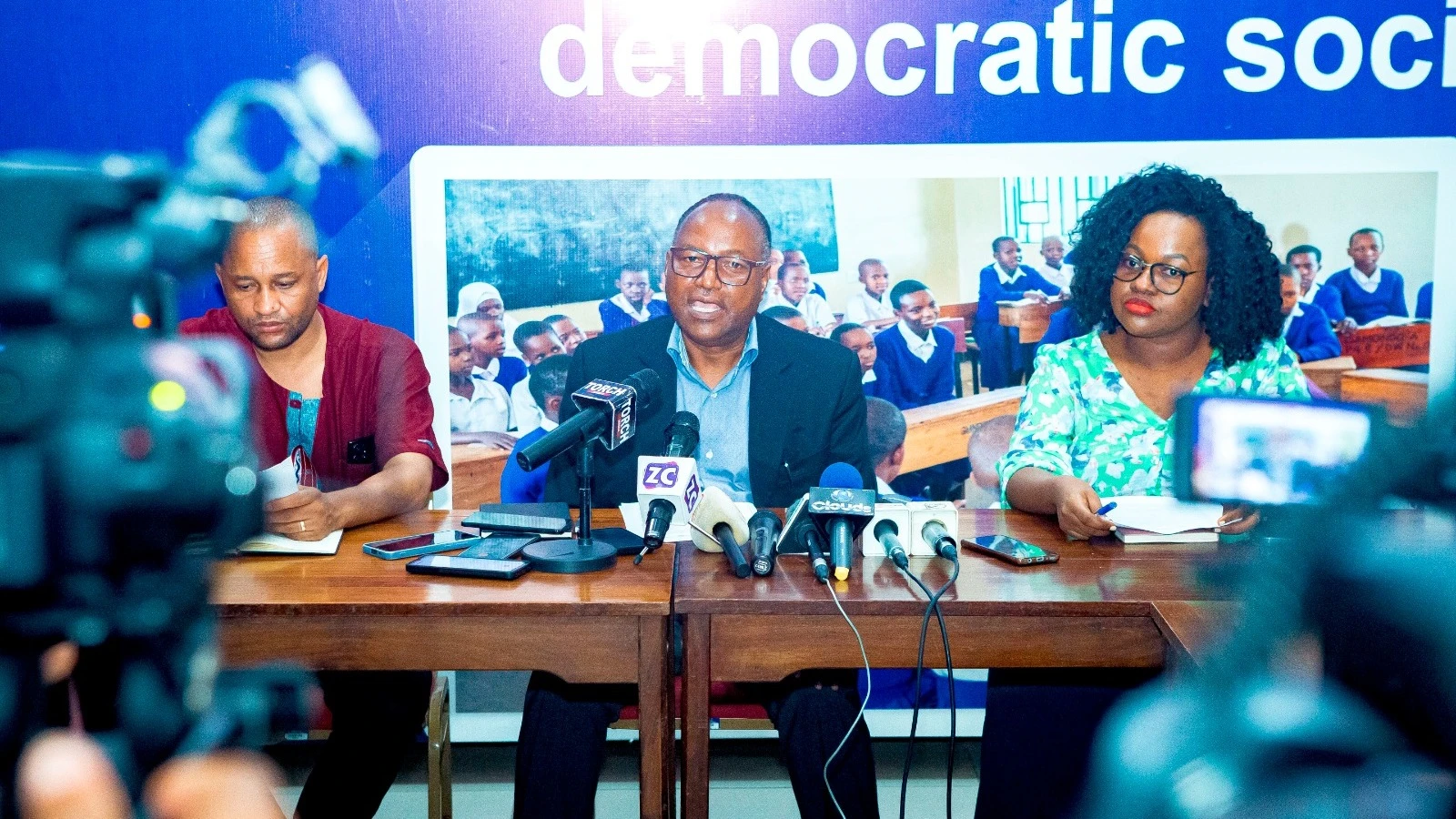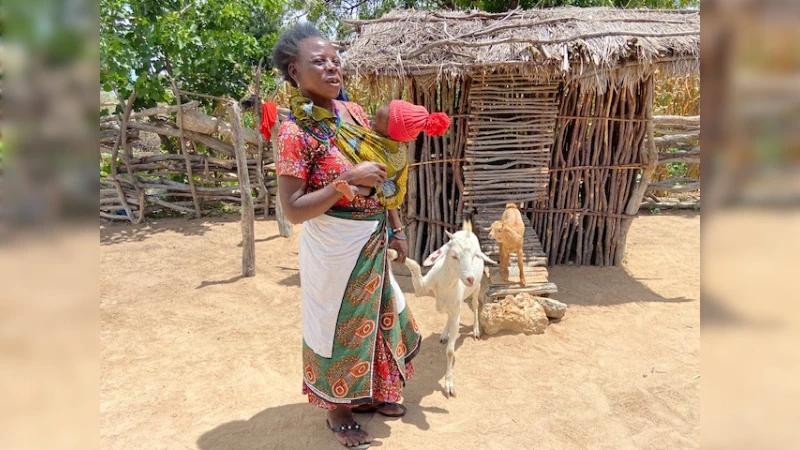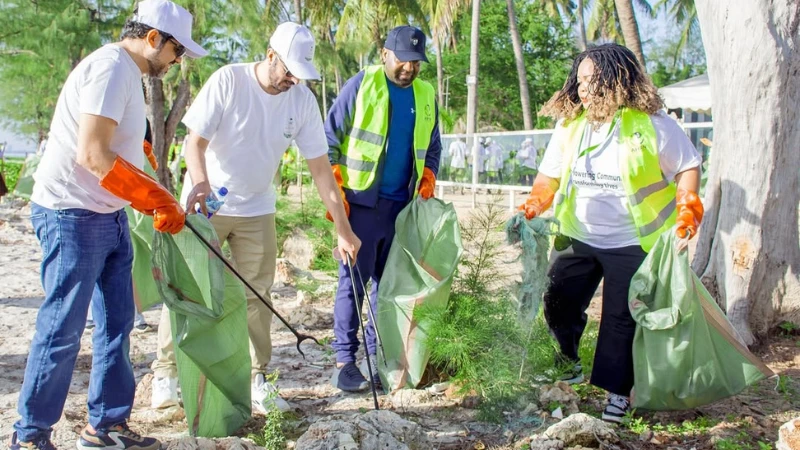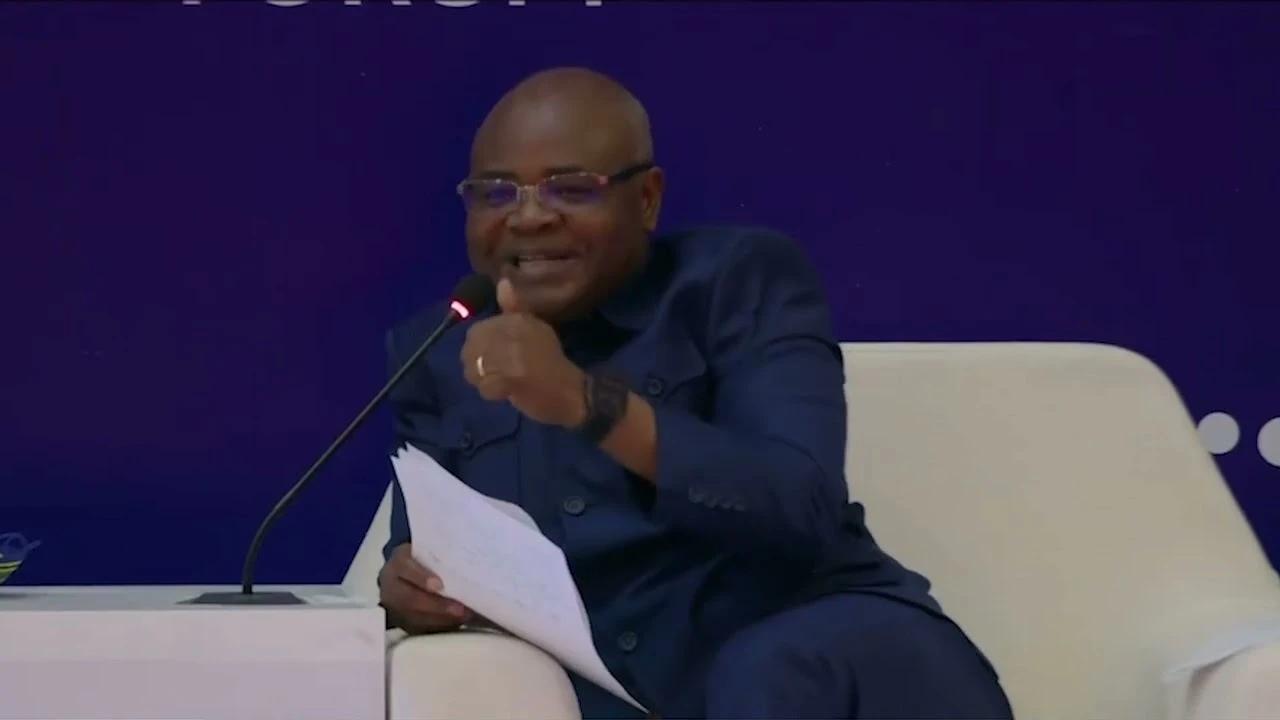Beyond Beijing: The revolution of womenland rights, control and ownership at CSW69
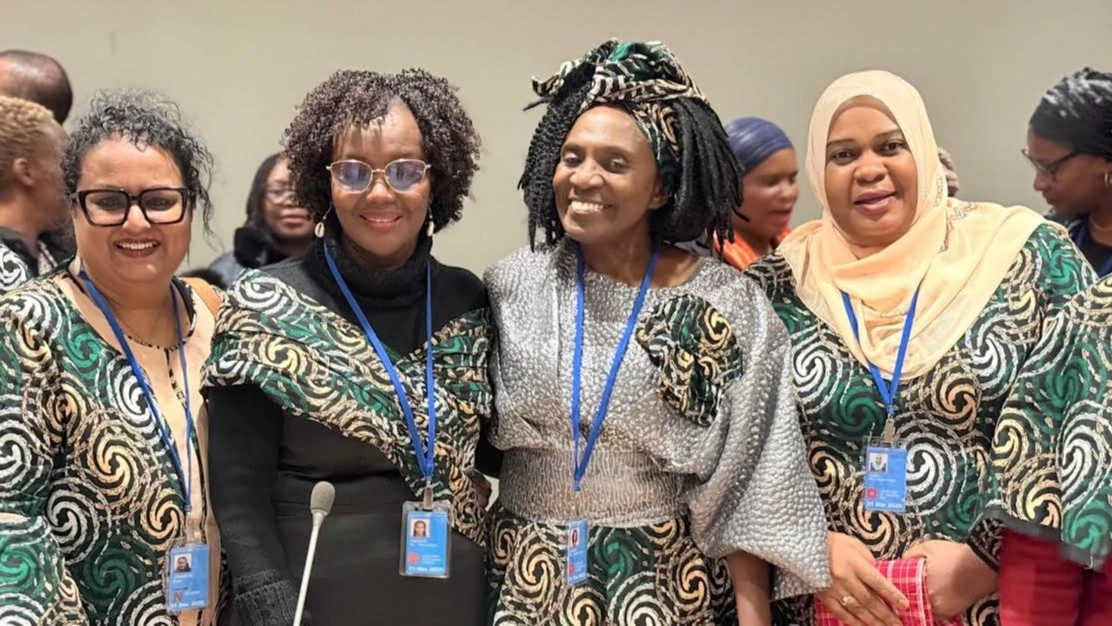
THREE decades after the global commitment to gender equality through the Beijing Declaration and Platform for Action (BPfA), the urgency for action has only grown.
Women’s rights remain under threat, with resistance and setbacks endangering decades of progress. At the sixty-ninth session of the Commission on the Status of Women (CSW69), more than 5,000 civil society representatives from across the world convened to renew commitments and accelerate momentum for change.
Following CSW69, Landesa—a global land rights organization and its partners identified key areas for action: promoting economic empowerment through scaled-up land use planning, building community capacity, and facilitating secure land rights—especially for women—depending on funding availability.
They also committed to promoting women’s leadership in land governance (through Stand for Her Land - S4HL), working with traditional leaders to shift cultural norms, and advocating policy reforms to strengthen enforcement of land ownership laws.
For Landesa, CSW69 reinforced how central land rights are to advancing gender equality. A week of side events, ministerial dialogues, and collaborative sessions revealed a shared truth: poverty disproportionately affects women.
Dr Monica Magoke-Mhoja, Landesa’s Outreach Director for Africa, highlighted a recurring CSW69 theme—the role of public and private institutions in empowering women economically. Persistent barriers—unequal pay, limited leadership roles, unpaid care work, and land ownership gaps—remain major hurdles.
“There was strong emphasis on the private sector’s role in change,” Dr Magoke-Mhoja observed. “We heard a clear call to action: adopt gender- responsive supply chains, invest in women-led businesses, and implement policies that protect women’s land rights.”
Rural women’s land tenure and gender inequality Landesa co-hosted a side event with the government, UN Women, S4HL, Legal Services Facility (LSF), WiLDAF-Tanzania, and others. Titled ‘Generation Equality Towards Beijing +30: Addressing Rural Women’s Land Tenure Insecurity and Gender Inequality’, to explore how land rights intersect with gender-based violence (GBV) and access to justice.
At a parallel event, ‘Women’s Land Rights in the Context of Beijing +30: A Rallying Call to 2030,’ participants underscored the need to embed Gender Equality and Social Inclusion (GESI) in land rights strategies and increase investment.
“Despite key achievements, gender-insensitive policies and funding cuts threaten critical programs,” said Dr Magoke-Mhoja. “We must continue strategic advocacy and push for sustained support.”
A path forward CSW69 enabled coalition-building and reconnection with development partners and diaspora groups—but it also exposed glaring gaps. Dr. Magoke-Mhoja pointed out a significant omission: “The Beijing Declaration 30 years ago mentioned land rights 30 times. This year’s CSW69 Declaration? Not once.” Still, civil society remains determined.
“At Landesa, we believe every voice matters. Through partnerships and local programs, we’ll keep working to ensure women and girls in Africa and beyond can own, access, and benefit from land.” Landesa operates in Tanzania, Kenya, Rwanda, and other parts of Africa.
Land is the most vital asset in rural Africa, yet 90 percent of it remains undocumented. Insecure land rights make communities—especially women—vulnerable to exploitation and displacement. Dr Magoke-Mhoja explained that Landesa’s goal in Tanzania is to support government and civil society in developing policies that strengthen rural land rights.
The organization drives transformative change for people, prosperity, and the planet. She noted that Landesa also serves as the Stand for Her Land (S4HL) campaign secretariat in Tanzania. Over three years, the campaign has reached 15,577 rural community members—52.7% of them women—across seven districts with land rights training.
This has significantly boosted women’s ability to negotiate and defend their tenure rights. Tanzania has 12,488 villages, yet fewer than 23% have land use plans, leaving vast areas unplanned and insecure. In collaboration with PELUM and the Tanzanian government, Landesa supports gender- responsive land use planning.
Recognizing that over three-quarters of Tanzanians rely on land for their livelihoods—but only one-third of women report land ownership—Landesa has conducted gendered planning and awareness training in Morogoro and Iringa.
Through integration of GESI and climate resilience, women—including widows, women with disabilities, and elderly women—now access land through Customary Certificates of Right of Occupancy (CCROs).
“For five years, Landesa has supported 24 village land use plans, managing over 50,000 hectares sustainably in Morogoro and Iringa,” said Dr. Magoke-Mhoja. “We’ve issued 9,085 CCROs, with over 43% going to women, either individually or jointly.”
Landesa also helped formalize land ownership for 50 widows in Ubungo District, Dar es Salaam, in partnership with the Tanzania Widows Association (TAWIA). The work was funded by King Philanthropies and BHP Foundation.
The impact Women, especially widows, are gaining confidence as landowners. Secure land rights have encouraged long-term investments—such as planting fruit and timber trees—in villages like Nungwe and Ikongosi.
In Ihomasa, Mufindi, women used their land as collateral to secure loans, buy more land, and start businesses. These investments have led to higher yields, food security, and school fees for children.
“Land rights are the foundation for food security, climate resilience, gender equality, and economic empowerment,” said Dr. Magoke-Mhoja. Reflections from a trailblazer: Dr Gertrude Mongella
Dr Gertrude Mongella, Secretary-General of the 1995 Beijing Conference, remains a powerful voice. Speaking to Africa Renewal, she said: “We couldn’t solve all problems in 30 years—these issues are centuries old. But Beijing launched a revolution: social, political, and economic. There’s no going back.”
She highlighted “mental poverty” as a root cause of gender-based violence: “Some people are wealthy but violent. Mental poverty isn’t about money—it’s a lack of knowledge, empathy, and respect for human dignity.”
She urged leaders not to use culture as a pretext for discrimination: “Most acts against women aren’t cultural—they’re driven by mental poverty and ignorance about humanity.” Thirty years after Beijing, gender equality stands at a crossroads. CSW69 reaffirmed that women’s land rights must anchor the next phase of global action.
To achieve Generation Equality by 2030, we must move from promises to practice: resource-backed policies, grassroots leadership, and international solidarity. The revolution began in Beijing—but its fire must be rekindled and carried forward by future generations.
Top Headlines
© 2025 IPPMEDIA.COM. ALL RIGHTS RESERVED












